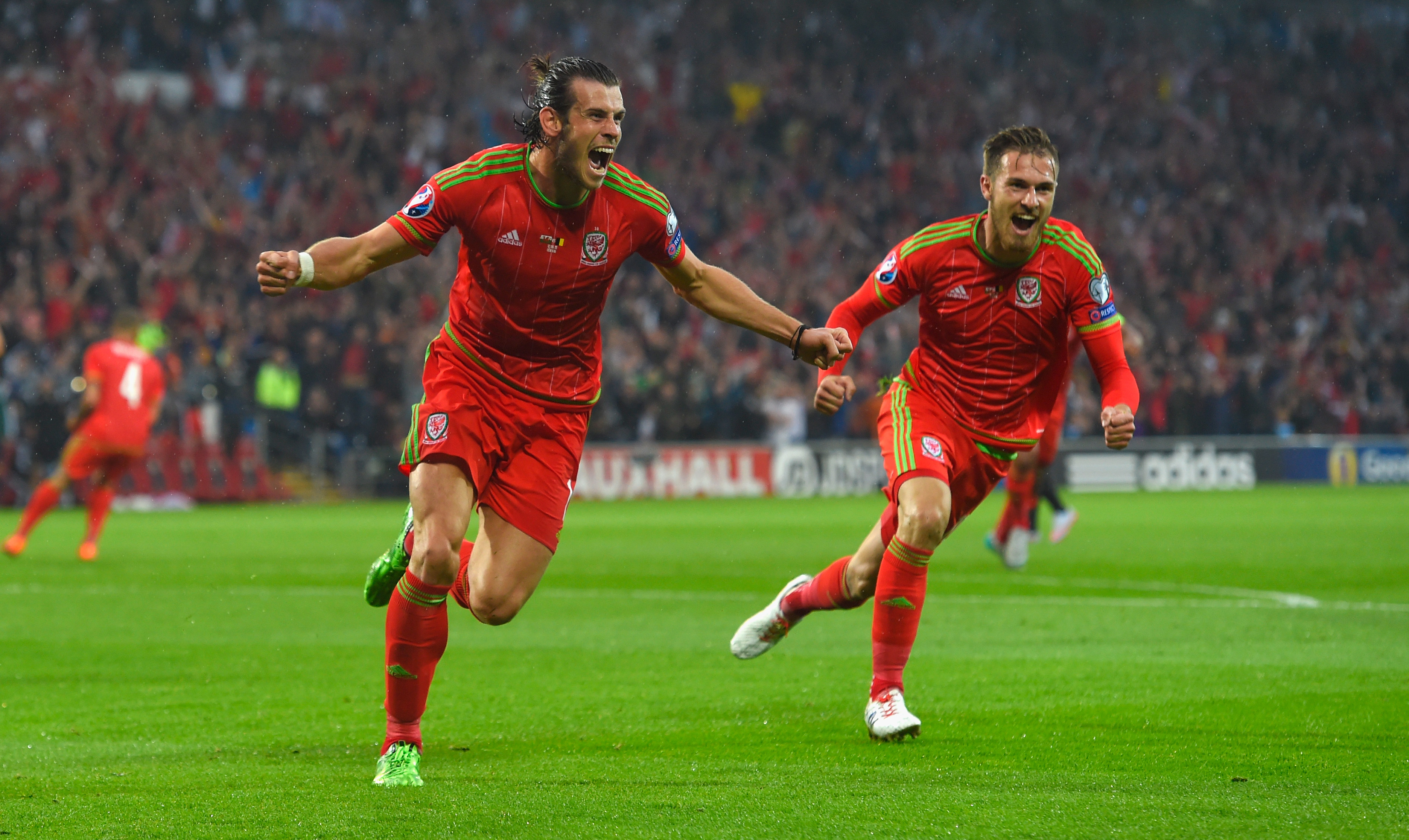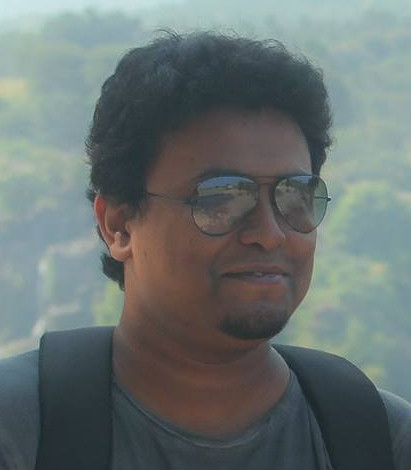Wales | The land of brave warriors, poets, and Gareth Bale

It is at a poet's grave where Wales' wondrous journey of the Euro 2016 began.
A couple of years back, Wales took on Belgium in a crucial Euro 2016 qualifying fixture at Brussels. The match ended in a 0-0 draw and earmarked Wales as a prime contender for gaining qualification into a major tournament for the first time since their foray in the 1958 World Cup.
After the match was over, Gareth Bale and the rest of the Welsh squad turned down an early flight back home, and instead traveled 150 kms to visit the Welsh War memorial at Flanders.
Ypres, a small city located in West Flanders, hosted the battle of Passchendaele during the first World War. A lot of Welsh soldiers had lost their lives in that battle while serving the Allied Powers. In his book, Together Stronger, Chris Wathan wrote that while visiting the memorial, Gareth Bale was particularly insistent on visiting the grave of Hedd Wyn, the famous Welsh poet. Bale had been captivated by the tales of Hedd Wyn, his mother used to narrate to him.
Wyn, who was posthumously awarded the bard's chair after he was killed in the battle at Ypres, had written poems titled 'War' and 'The Hero'—which almost perfectly portray Welsh football's long journey so far, and Gareth Bale's stature in the current side. He had also famously written, “We have no right to the stars….We have no right to anything”, and Wales simply have no right to be in the semifinal of the European Championship.
Back in 1998-1999, Wales were ranked 108th in the world, and India were 110th. Yet, 18 years later, a country which is smaller than Mizoram, and whose population is same as the number of people living in Pune, are ranked 26th, while India have dropped down to 151.
It has not been an easy ride for the Dragons though. They had to endure a lot of heartbreaks—a host of 'nearly' moments. In the 1982 World Cup qualifiers, a 3-0 defeat against USSR meant they missed out on the flight to Spain on goal difference. Four years later, they needed a win against Scotland in the last game, but were held to a 1-1 draw in a match where Scotland's manager Jock Stein passed away after suffering a heart attack at the end of the match.
In 1994, Paul Bodin's missed penalty resulted in a 2-1 defeat against Romania, and once again they missed out by a whisker. They were defeated by Russia in the 2004 Euro qualification play-offs, and the tie was overshadowed by the news of Yegor Titov testing positive for the use of banned substance after the first leg. However, FIFA decided against taking any action against the Russian football federation, and a Titov-less Russian team defeated Wales 0-1 in Cardiff in the second leg to qualify for the Euro.
However, their biggest heartache moment arrived off the field in 2011, when their national team manager and their second most capped player, Gary Speed, tragically passed away at an age of 42, after reportedly committing suicide. Shock and trauma gripped the whole nation, and the responsibility of carrying the national team past that grim aftermath fell on the young shoulders of Chris Coleman.

 A message is seen amongst tributes to footballer and ex Bolton Wanderers player Gary Speed outside the Reebok Stadium © Alex Livesey/Getty Images
A message is seen amongst tributes to footballer and ex Bolton Wanderers player Gary Speed outside the Reebok Stadium © Alex Livesey/Getty ImagesIn a way, the rise of Wales began under Speed, and as the national team made history on Friday, the social media was flooded with tributes to the Welsh great. He has been an inspiration for the players, and soon after they defeated Russia 3-0 in their final group stage match of the Group B to top the group and qualify to the round of 16, chants of “There's only one Speedo” gripped the stands, and the next day the Telegraph published a report headlined: “Spirit of Gary Speed lights Wales camp as the work begun by their former manager takes them to Euro 2016 knockout stages”.
That in no way takes away the credit from Chris Coleman though, whose most significant managerial experience, at the age of 42 back then, was to steer Fulham away from the relegation zone, take them to a surprise ninth place finish, and then again steer them away from relegation during his 4-year stint at the Craven Cottage.
However, with the national team, he had stumbled across the most talented bunch of Welsh players since the 1960s. In fact, a lot of parallel has been drawn between the squads of both these eras. That Welsh team, which lost 1-0 to a Pele-led Brazil in the quarters of the 1958 World Cup, had a certain Cliff Jones in their attack.
The Welsh legend, who is still going strong at the age of 81, was considered to be the best left winger of that era, and he made his name during his successful stint with Tottenham Hotspur—sounds familiar?

 Cliff Jones (left) and Alex Parker (1935 - 2010), of the British Army football team, in training at Aldershot, before a game against the French army. © Douglas Miller/Keystone/Hulton Archive/Getty Images
Cliff Jones (left) and Alex Parker (1935 - 2010), of the British Army football team, in training at Aldershot, before a game against the French army. © Douglas Miller/Keystone/Hulton Archive/Getty ImagesDuring his time at Spurs, Juventus offered Tottenham £100,000 for Cliff Jones' services, which would have broken the transfer fee record at that time, and would have made Jones the first ever £100k player. However, manager Bill Nicholson rejected the offer calling Jones 'priceless'. Almost 55-years later, Tottenham manager Harry Redknapp labeled Bale as 'priceless', but Real Madrid got their man, and Bale became the first €100 million transfer.
The 26-year-old has been in tremendous form in the Euro, and he will end up surpassing Cliff Jones as a player. However, his biggest test lies ahead, when Wales take on Portugal in the semis. Two Real Madrid giants will take to the pitch, and the spotlight will firmly be on the 'Bale v Ronaldo' battle. It was Bale who broke Ronaldo's transfer fee record, and it is Bale who is expected to be the main man at Real Madrid once the Portuguese star steps down from his throne at the Bernabeu. However, it will unfair on the remaining 10 Welsh players, who will be on the pitch, to make the semifinal fixture just about an individual battle.
It has been a team effort so far for Welsh. Bale, for all his talent and flair, has needed the help of a slightly lesser star in Aaron Ramsey. He also needed help from a journeyman like Sam Vokes, and an under-achieving footballer like Hal Robson-Kanu. The suspensions of Ramsey and Ben Davies have dampened their spirits a bit ahead of the semis, however, Coleman, his 10 'brave warriors', and a former Southampton left back, who was excused from Rugby for being too skinny, will know that they have a marvelous chance to reach their first ever final, against a Portuguese side, who have not been at their best in this tournament.

Comments
Sign up or log in to your account to leave comments and reactions
0 Comments